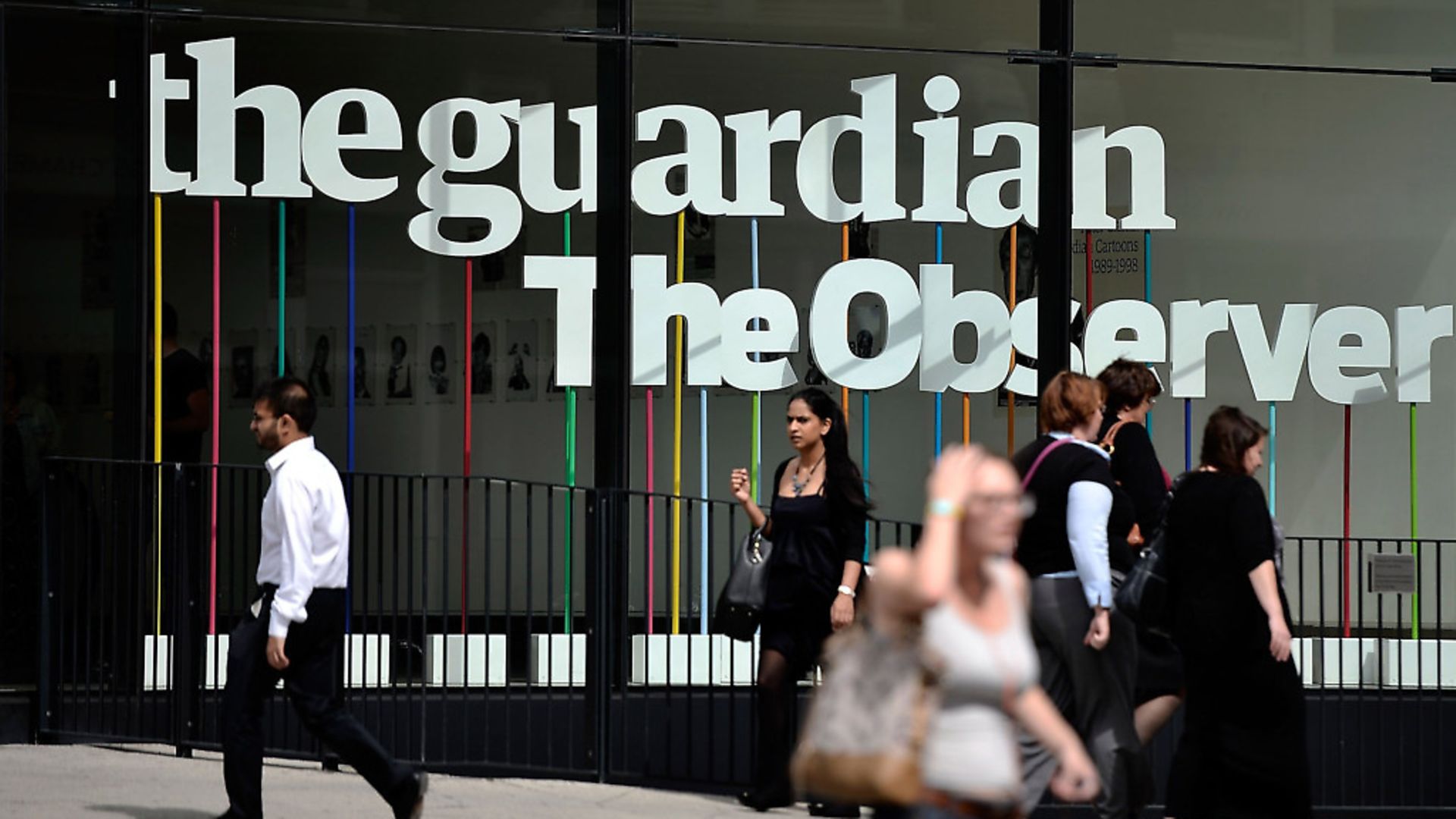Six former editorial bosses of the Observer have written to the Scott Trust – the 13-strong (unlucky for some?) group charged with preserving the Guardian in perpetuity and advancing the causes of liberal journalism – asking why it is in such a hurry to sell the Observer to Tortoise Media.
The pressure from Alan Rusbridger, Will Hutton, Roger Alton, Jonathan Fenby, John Mulholland and recently departed editor of the Obs Paul Webster, comes at a crunch moment in the board’s deliberations. As the letter says: “It is a gamble, a throw of the dice, for a title which started publishing in 1791.”
Rats understands that – contrary to the assumed rubber-stamping of the plan proposed by loss-making startup publisher Tortoise – the Trust is very much yet to be convinced of its merits. A recent board meeting ended inconclusively and as things stand, the deal has not secured the necessary support of 75% of the Trust’s board, which includes notably independent thinkers including broadcaster and historian David Olusoga, ex-editor of FT.com Tracy Corrigan and Vivian Schiller, a former head of news at Twitter and CEO of America’s National Public Radio.
Sitting alongside them on the Scott Trust Board – and this is where things get awkward – is Kath Viner, editor-in-chief of Guardian Media Group, who is, like her CEO Anna Bateson, very keen on seeing the Tortoise deal succeed.
For the Scott Trust Board to go against the deal would signal a vote of no confidence in both Viner and Bateson’s judgement and handling of the saga, something all are keen to avoid.
The board’s hesitance is good news for the majority of journalists on both the Guardian and Observer who are dead set against the deal – and will strike for two days next week in protest.
But that desire to be supportive of their editor-in-chief is shaping, Rats understands, a counter-proposal that will be put to Tortoise involving the Guardian owning as much as 25% equity in the new Observer, guarantees of editorial independence, and adhering to a five-year printing contract recently agreed for the title with Reach Plc.
Two questions loom large. Firstly, will this be enough to convince wavering Scott Trust members to back the deal and push it over the 75% threshold?
And, if so, will the terms be acceptable to Tortoise’s founder James Harding and his financial backers?
According to a person familiar with the matter: “The Scott Trust see it as a priority to back their editor, but not if they think they will personally be held accountable if this proposal turns bad in a year or two.
“Having a chunky stake owned by the Guardian may be enough to quell those concerns, and we know that Tortoise want the deal very badly, so they may agree.
“But as things stand, the central message about why the Trust is rushing into this without exploring all possible options is the argument winning around the Scott Trust table.”










